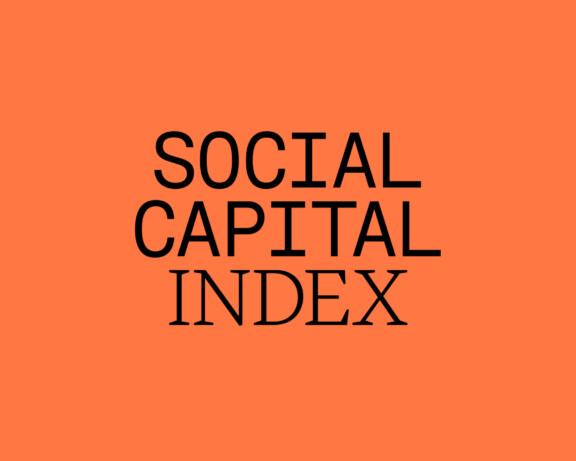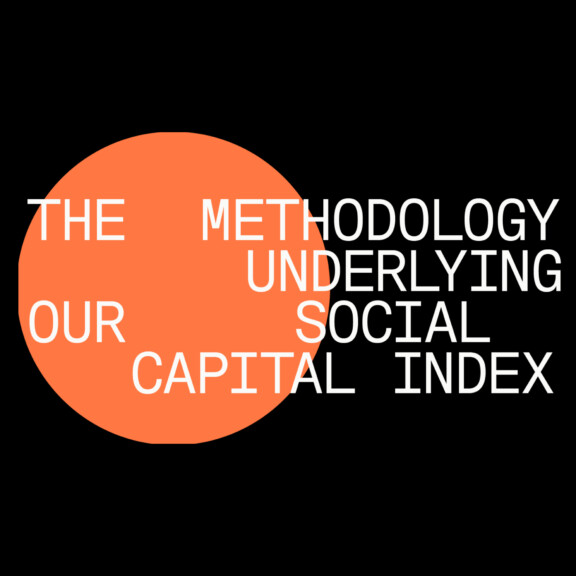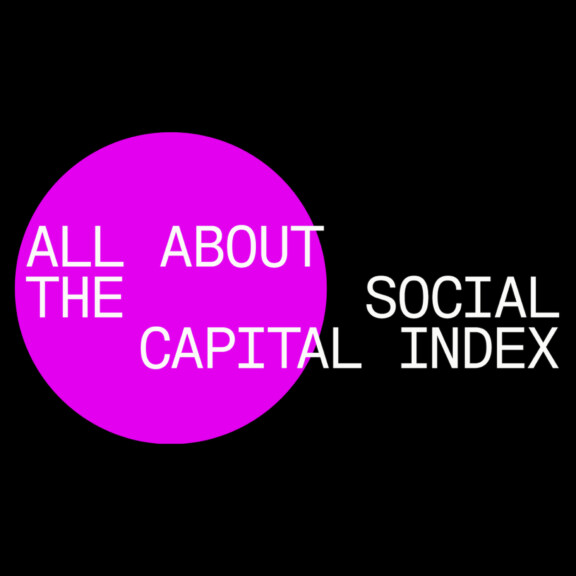How to Avoid Whitewashing

Share:
How to avoid whitewashing?
It’s no secret that diversity and inclusion are increasingly valued, and that understanding whitewashing is more important than ever. This controversial term raises fundamental questions about representation and authenticity in corporate culture. Let’s demystify whitewashing together to promote respectful representation of all in our campaigns and content.
Defining whitewashing
Whitewashing refers to a practice of minimizing or ignoring BIPOC’s presence and contributions in areas such as media and advertising. The term also covers a tendency to portray historical or fictional figures of various ethnic origins by white people. Whitewashing reflects a major problem of representation and perception in our society. This practice can lead to cultural homogenization and the erasure of non-white identities, posing a major challenge to authenticity and diversity in brand storytelling.
An example of whitewashing
Have you heard about the controversial practice of gua sha in the beauty industry? This traditional technique in Chinese medicine, known for its therapeutic benefits and scraping to promote healing, is presented in the Western world as a modern innovation without any mention of its deep cultural heritage. Beauty brands have incorporated gua sha into their product ranges, sometimes referring to it as “Asian botox”, a deliberate misunderstanding or ignorance of its millennia-old Asian roots. This form of cultural re-appropriation is a striking example of whitewashing, as it tends to eclipse its authenticity and historical importance, while profiting financially from the practice without acknowledging its true origin.
How do you ensure authentic representation in marketing?
To overcome whitewashing and promote fair representation of all, companies can adopt a number of strategies. First, ensure that all stages of a project are built with diversity and inclusion in mind, from production partners to protagonists.
- Collaboration with BIPOC organizations
To better grasp issues and explore our realities, our personal biases, our upbringing, the cause of our beliefs and more, we recommend doing one or more workshops with a BIPOC organization with your teams. At Republik, we did a three-part workshop series with Never Was Average (NWA), where all our employees learned to deconstruct their prejudices, understand their biases and share experiences without judgment. This is just the beginning, of course, but we look forward to collaborating with other organizations in the future.
- Promotion of various creators
In order to contact producers, screenwriters and artists of diverse origins who will enrich our projects with a variety of perspectives, we have compiled a list of BIPOC collaborators. This list, still in its early stages, will help us make the conscious choice to work with someone from an under-recognized community.
- Education and awareness
Educating and raising awareness about diversity in media representation is essential to encourage a more inclusive approach in the industry, but also (and above all) in the composition of a creative and production team.
- Fighting whitewashing
Drawing on the previously-mentioned situation, let’s take the fictitious example of an international cosmetics brand renowned for its commitment to diversity and inclusion. This brand launched an advertising campaign celebrating the diversity of beauty in different cultures, featuring models of various ethnic origins, ages and genders. Beyond simple visual representation, the brand collaborated with cultural ambassadors and influencers from different communities to design products that meet the specific needs of each group. The campaign was praised not only for its authentic and respectful representation, but also for its integrated marketing approach that truly embraced and valued cultural diversity. Not only did the initiative reinforce the brand’s position as a leader in promoting inclusivity, it also set a standard for other companies when it came to responsible, inclusive marketing.
By adopting authentic and respectful representation strategies, companies and content creators can play a crucial role in promoting diversity and inclusivity. Ultimately, combating whitewashing is a step towards a society that is fairer and more representative of its cultural diversity.



